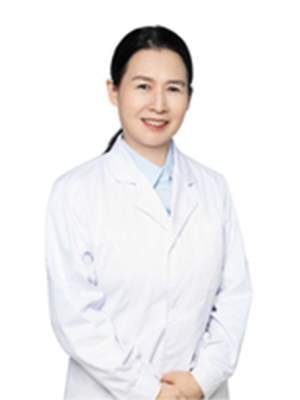Why do people experience intermittent shuddering after crying intensely?
Generally, episodes of intermittent gasping or twitching after intense crying may be caused by respiratory alkalosis, muscle over-tension, bronchial asthma, myocarditis, or hysteria. If symptoms persist without improvement, it is recommended to seek timely medical evaluation at a reputable hospital. Specific causes are analyzed as follows:

1. Respiratory Alkalosis
During intense crying, excessive hyperventilation leads to over-expulsion of carbon dioxide, causing an increase in blood pH and resulting in spasms. Immediately cover the mouth and nose with a plastic bag to rebreathe exhaled air, slow down breathing, and restore normal respiratory rhythm—avoid rapid deep breaths.
2. Muscle Over-Tension
During emotional excitement, the entire body's muscles become tense. After crying, muscles may remain in an excited state, leading to involuntary twitching. Gently massage the limbs, shoulders, and neck muscles; drink warm water to help relax the body and mind; maintain a quiet sitting or lying position.
3. Bronchial Asthma
Intense crying can trigger emotional stress, stimulating contraction of bronchial smooth muscles, leading to wheezing and convulsive movements. Use medications such as salbutamol aerosol, budesonide-formoterol powder inhaler, or montelukast sodium chewable tablets as directed by a physician. Avoid exposure to irritating odors.
4. Myocarditis
Inflammation of the heart muscle impairs cardiac function. Intense crying increases cardiac workload, potentially causing chest tightness and body twitching. Under medical guidance, medications such as coenzyme Q10 capsules, vitamin C tablets, or trimetazidine hydrochloride tablets may be used. Bed rest and avoidance of physical exertion are essential.
5. Hysteria (Conversion Disorder)
Severe emotional stimuli may trigger psychological disturbances manifesting as physical twitching without underlying organic disease. Medications such as diazepam tablets, haloperidol tablets, or sertraline hydrochloride tablets may be prescribed. Treatment may also include psychological suggestion and counseling; in severe cases, electroconvulsive therapy may be required.
In daily life, learn to regulate emotions and avoid both excessive suppression and outbursts; maintain regular作息 (sleep-wake cycles) to enhance physical resilience; engage in moderate exercise to relieve stress and improve emotional regulation; seek medical attention promptly when discomfort occurs to prevent delayed intervention.






